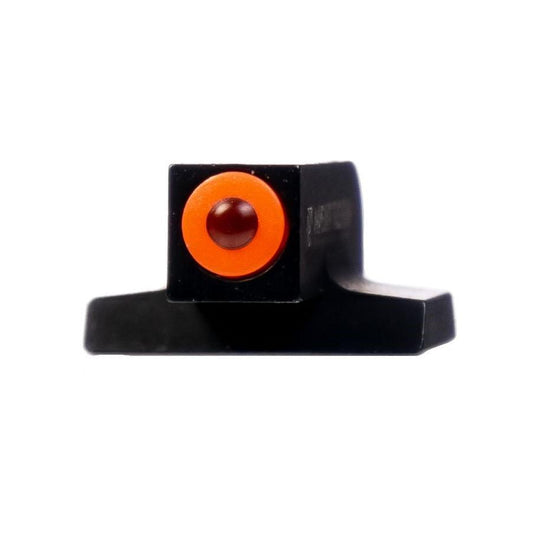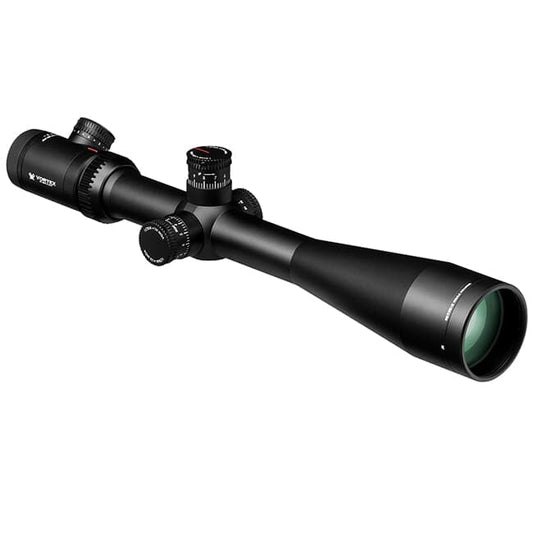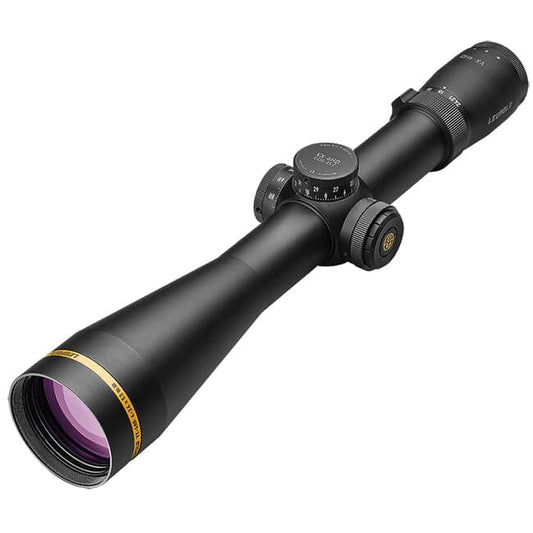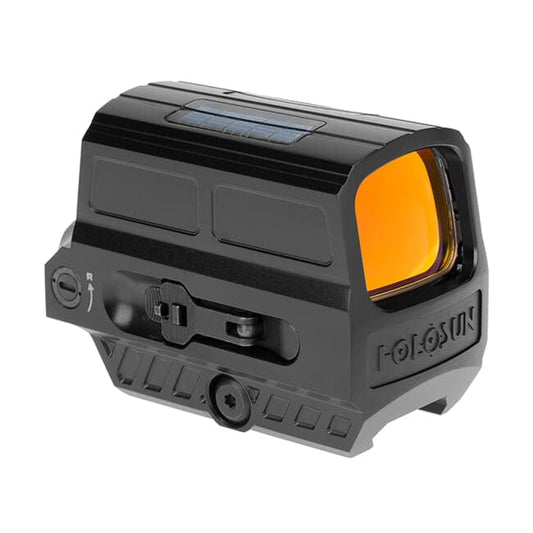

Canik METE MC9 Tritium Night Fision Night Sight Set PACN0623 provides reliable target acquisition in low-light situations. Designed for tactical and personal defense use, these sights utilize Tritium technology to glow in the dark, ensuring visibility without relying on external light sources. This feature is essential for emergency scenarios, allowing shooters to quickly align their aim even in darkness. The snag-resistant design fits standard holsters, making it ideal for both competitive shooting and personal safety.
Installation is straightforward, equipped with an included tool to simplify the process. The blacked-out rear sight reduces distractions, enhancing focus on the target. Built from durable polymer, these sights are designed to withstand rigorous use in various conditions, providing long-term reliability for both law enforcement and civilian shooters.
Features:
- ENHANCED NIGHT VISIBILITY for clear aiming in low-light situations, perfect for tactical scenarios.
- SWISS TRITIUM TECHNOLOGY delivers maximum brightness and longevity, ensuring reliability under any conditions.
- SNAG-RESISTANT DESIGN fits standard holsters, providing peace of mind during quick draws.
- BLACKED OUT REAR SIGHT minimizes distractions, allowing for faster target acquisition.
- EMERGENCY ONE-HAND OPERATION with an angled rear sight edge, enhancing accessibility during critical moments.
- HIGHLY DURABLE CONSTRUCTION built to withstand rigorous use, ensuring long-term reliability.
- BRIGHTER BY NIGHT with more Tritium gas packed into each sight for superior glow.
- MAINTENANCE-FREE operation as it requires no batteries or external light exposure.
Technical Specifications Table
| Feature | Details |
|---|---|
| Type | Night Sight |
| Material | Durable Polymer |
| Height | Standard METE MC9 Height |
| Weight | Lightweight for easy handling |
What’s in the Box?
- 1 x Canik METE MC9 Tritium Night Fision Front Sight
- 1 x Canik METE MC9 Tritium Night Fision Rear Sight
- Installation Tool
- User Manual
Customer Reviews
"These sights are a game changer! I can easily spot targets at night!"
"The Tritium technology is fantastic – reliable and super bright!"
"Perfect fit for my holster and easy to install. Highly recommend!"
FAQ
Many customers wonder about the performance of the Canik METE MC9 Tritium Night Fision Night Sight Set during different lighting conditions. These sights are specifically designed for low-light environments, ensuring that you can see your target clearly, even when the sun goes down. They are durable and offer a long lifespan, making them a worthy investment.
Another common concern is maintenance. Fortunately, these sights are maintenance-free! There’s no need to worry about replacing batteries or charging them. The Tritium technology requires no external light source, so you can trust them to perform when you need it most, every time!
Similar Models
If you're interested in the Canik METE MC9 Tritium Night Fision Night Sight Set, check out our complete collection! Explore various Canik models, including the Canik TP9 series for even more options tailored to your shooting needs. Elevate your shooting accuracy and confidence today!
You May Also Like
Here’s some of our most similar products people are buying. Click to discover trending style.






